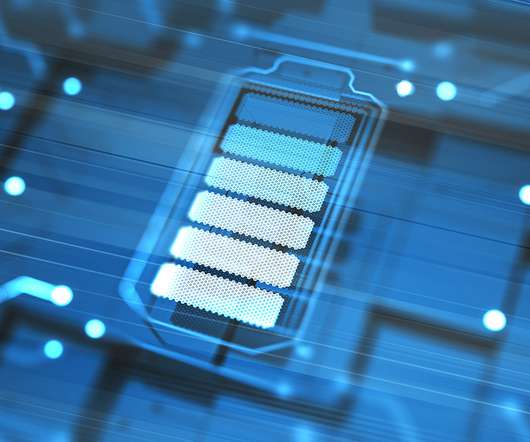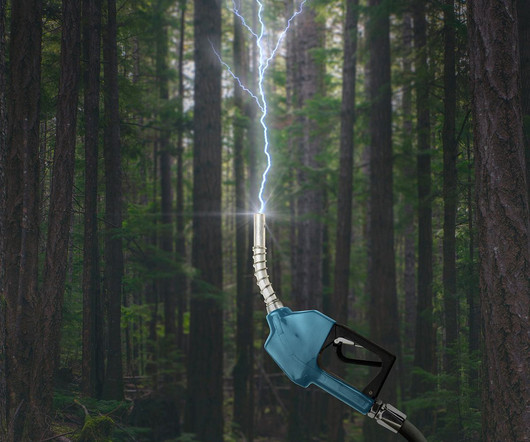Researchers propose new VO2 cathode material for aluminum-ion rechargeable battery
Green Car Congress
NOVEMBER 30, 2013
Sodium-ion and magnesium-ion batteries, as new energy storage systems in portable devices, have attracted much attention of the investigators. Most recently, aluminium-ion battery with multivalent metal ions transmitting internally has been studied preliminarily.



















Let's personalize your content